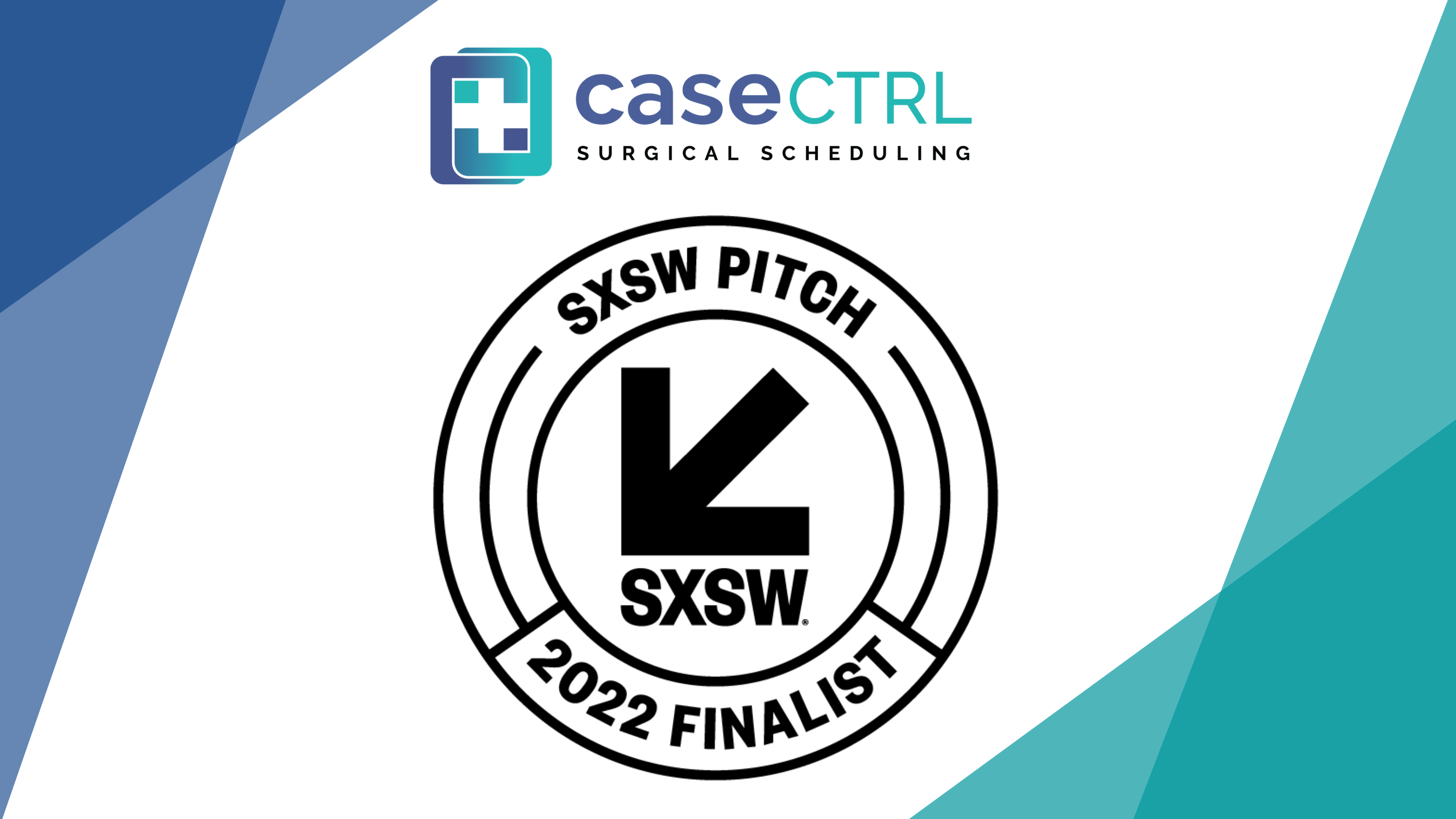A lot is at stake when planning procedures in hospital operating rooms (ORs) or ambulatory surgery centers (ASCs.) Poor organization can lead to under-utilization, staff burnout, inefficiencies, added costs, and unsatisfactory treatment outcomes. For more insights on the ideal time to use surgical scheduling software, and tips to ensure the best ROI, check out this guide.
However, surgery scheduling is complex. Just one small thing falling through the cracks can create a domino effect that affects the OR schedule for the entire day and impacts cost-efficiency and patient health.
Yet, surgical schedules rarely go as planned. Emergency cases happen, and surgeons don't always know in advance what procedures are required (e.g., during exploratory surgery or when unexpected findings occur during surgery.)
Even if you can identify all the procedures in advance, variations in the characteristics of the operation, the surgical team, and the patient can make the duration of a surgery unpredictable.
Let's look at why managing OR or ASC schedules is challenging and what you can do to mitigate the risks effectively.
1. Block Scheduling Predictability
Schedule variability is one of the biggest challenges faced by OR admins. It makes managing block time and coordinating all the moving parts difficult. Schedulers need to account for each surgeon's pace for different procedures, while simultaneously responding to add-on cases and non-elective surgeries.
To address the challenges associated with block scheduling, use surgery scheduling software that allows physicians to fill gaps in block scheduling and release block time they can't use. The system updates in real time so schedulers can accommodate add-on cases and increase the number of procedures an OR can handle each day. Surgery schedulers are busy, and good surgery scheduling software will proactively identify these opportunities to maximize the operating room utilization.
Surgery scheduling software can also track OR activities and analyze data to provide insights into each surgeon's utilization rate. You can work with them to make the necessary adjustments or change their block schedule to improve your OR's efficiency.
2. Case Mix Variability
The inherent variability of case mixes, including specialties and interventions, makes it hard to predict how much time each patient will need for each step in a procedure. Budgeting too much time will lead to under-utilization, but blocking too little time can back up the OR schedule, leading to delays and a poor patient experience.
To minimize uncertainty, use surgery scheduling software that can help you analyze case-specific risk factors. For example, you can identify patients who can benefit from specialist pre-operative clearance before the day of the surgery, as well as cases more prone to complications, that will require extra time on the schedule.
You can also use surgery scheduling software with an AI-driven patient communication feature. It allows you to check in with patients before their procedures to answer their questions and help them follow instructions. This helps ensure that each surgery starts on time and minimizes the need for interventions during surgery.

3. Procedure Types and Physician Preferences
The vast spectrum of procedures an OR handles each day, coupled with varying physician preferences, makes it challenging to coordinate the right supplies and equipment for each surgery.
Dependence on individual schedulers' knowledge of surgeon preferences can create bottlenecks in the scheduling process. Meanwhile, errors in meeting physician's requests often lead to delays, and even cancellations, that add to the OR's operating costs.
Surgery scheduling software with a HIPAA-compliant intelligent repository learns each surgeon’s case preferences. You can easily communicate and retrieve the information to ensure that every procedure can start with the supply and equipment preferred by each physician.
4. Last-Minute Schedule Changes
Last-minutes changes in OR schedules are unavoidable. But you can minimize their impact through real-time communications with everyone involved, so you can make the best use of everyone's time and optimize resource allocation in your facility.
Surgery scheduling software with an integrated dashboard and intelligent OR allocation tool gives schedulers the visibility they need to optimize case scheduling sequences and respond to changes quickly.
Automated notifications update the right people about changes to coordinate all the parties involved in each surgery. Patients, staff, surgeons, coordinators, assistants, anesthesia, admin staff, insurance personnel, and more can get the relevant information via case-specific and context-aware communications.
5. Surgery Scheduler Turnover
Many ORs still rely on surgical schedulers to keep critical details and multiple variables in their heads. Errors and delays are common when a specific scheduler isn't available or leaves the organization.
While surgical schedulers' knowledge, experience, and expertise are important, you must ensure that procedures and the efficient operation of your OR aren't dependent on the availability of specific employees.
In addition, over-reliance on surgical schedulers can increase the stress they experience, leading to staff fatigue, burnout, and a high staff turnover rate, which can further exacerbate the issue.
Surgery scheduling software allows physicians to add and update surgical preference cards and ensure that any scheduler in your facility has access to the latest information. This can relieve the pressure on individual schedulers while enabling your facility to function smoothly without being dependent on the availability of a specific scheduler.

Managing Risk in a High Stakes Game with Surgery Scheduling Software
Surgery scheduling software helps you overcome various surgery scheduling challenges by ensuring clear communication between surgeons and schedulers. It keeps everyone involved on the same page with real-time notifications.
It can provide case time estimates to help maximize resource usage, give schedulers the visibility to manage canceled surgeries, and ensure that all schedulers can access the latest physician preference cards.
CaseCTRL is a surgical scheduling and workflow solution built by surgeons for surgeons and teams. Based on our first-hand experience of OR surgery scheduling challenges, we have developed a cloud-based platform with robust features to help surgeons, schedulers, and administrators work more efficiently.
Request a demo to see how we can improve your scheduling workflow in as little as two weeks.







































